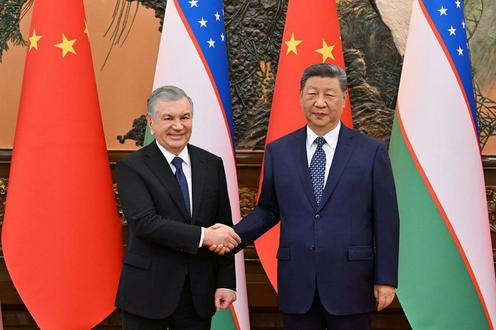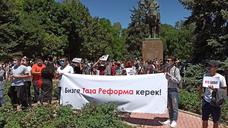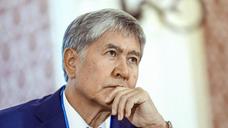Uzbekistan and China are considering the idea of creating a joint center for artificial intelligence development to promote innovative projects and train specialists. The initiative was discussed at a meeting between the heads of the two states, Shavkat Mirziyoyev and Xi Jinping, held on September 2 in Beijing, the Uzbek president’s press service reported.
The two sides paid special attention to cooperation in the scientific and educational sphere. It was noted that Uzbekistan already hosts a branch of Northwest Agriculture and Forestry University and the International Mathematical Center. In addition, an agreement has been signed to open a branch of Xi’an Petroleum University in the Central Asian republic, and negotiations are underway with the Beijing Institute of Technology.
Uzbekistan is also encouraging expanded opportunities for local students to learn Chinese, and the activities of Confucius Institutes are actively developing. Plans are in place to create “Luban Workshops” in the country’s regions to train specialists in fields such as energy, engineering, artificial intelligence, medicine, and agriculture.
To boost tourism between the two countries, a visa-free regime has been introduced, and the number of flights is increasing.
Cultural ties are also developing. For example, Uzbekistan is currently represented at a major exhibition in China’s National Museum. In 2027, an exhibition of the Central Asian republic’s art is planned in Beijing and Shanghai.
The meeting also highlighted progress in trade and economic cooperation. Last year, trade turnover between Uzbekistan and China exceeded $14 billion, and since the beginning of this year, the figure has grown by 23 percent. The goal now is to bring mutual trade volume to $20 billion through increased supplies of industrial and agricultural goods.
The investment project portfolio exceeds $60 billion. In 2024 alone, 64 projects worth more than $10 billion were launched. Joint technology parks and industrial zones are operating in various regions of Uzbekistan, and production of BYD automobiles is expanding with higher localization levels.
On the eve of Mirziyoyev’s visit to China, a business forum was held where business leaders from both countries discussed initiatives in green energy, modernization and digitalization of public transport, construction of toll highways, processing of critical minerals, and more.
Cooperation with China’s Development Bank, the Silk Road Fund, and other institutions was also emphasized. For example, with the support of the Export-Import Bank of China, construction of the Olympic Village in Tashkent was recently completed. The parties noted the start of the practical phase of building the strategic China–Kyrgyzstan–Uzbekistan railway.
In addition, an expert council will be established to implement measures aimed at eradicating poverty in Uzbekistan based on China’s experience.
Following the talks between Mirziyoyev and Xi Jinping, the following agreements were signed:
A cooperation program linking the Uzbekistan-2030 Strategy with the Belt and Road Initiative
An agreement on the mutual establishment of cultural centers
An agreement on cooperation in healthcare services
In the presence of both leaders, a number of other bilateral documents were also signed, including agreements on:
Designing the second stage of a dredger supply project for Uzbekistan
Phytosanitary requirements for exporting fresh melons and almonds from Uzbekistan to China
Cooperation in the peaceful use of space sciences, technologies, and activities
Establishing partnership relations between Uzbekistan’s Samarkand Region and China’s Tianjin
Cooperation between the Chamber of Commerce and Industry of Uzbekistan and the China Council for the Promotion of International Trade










